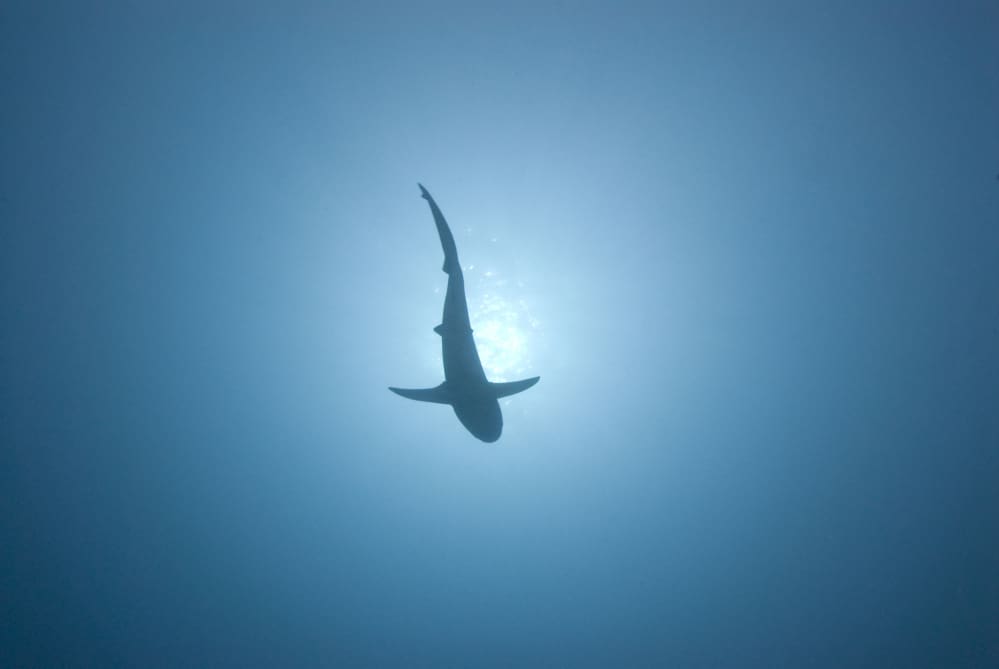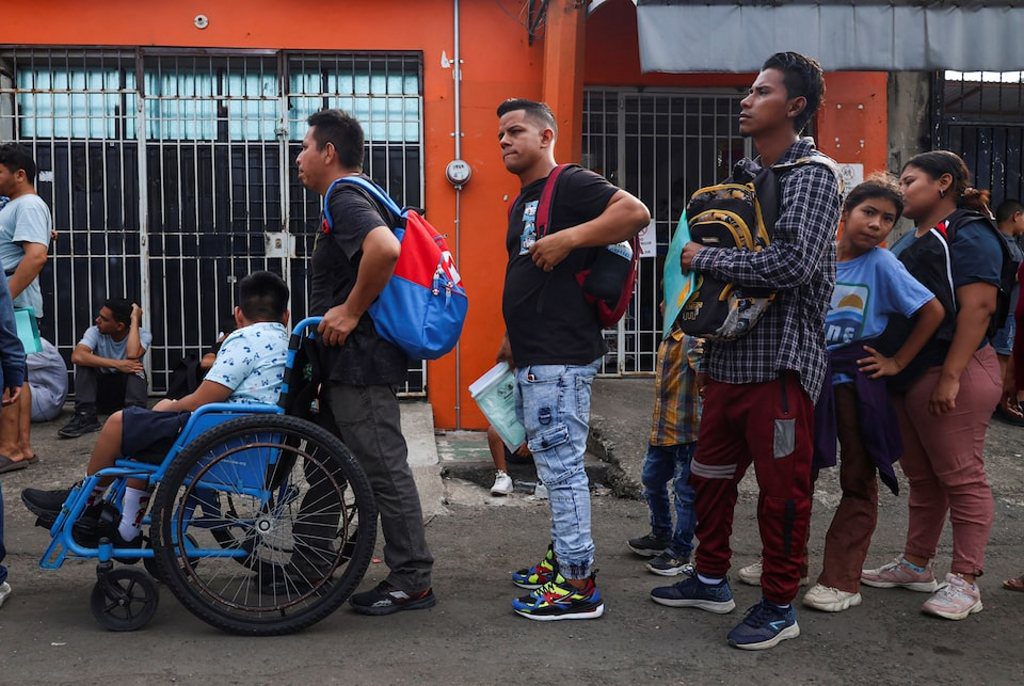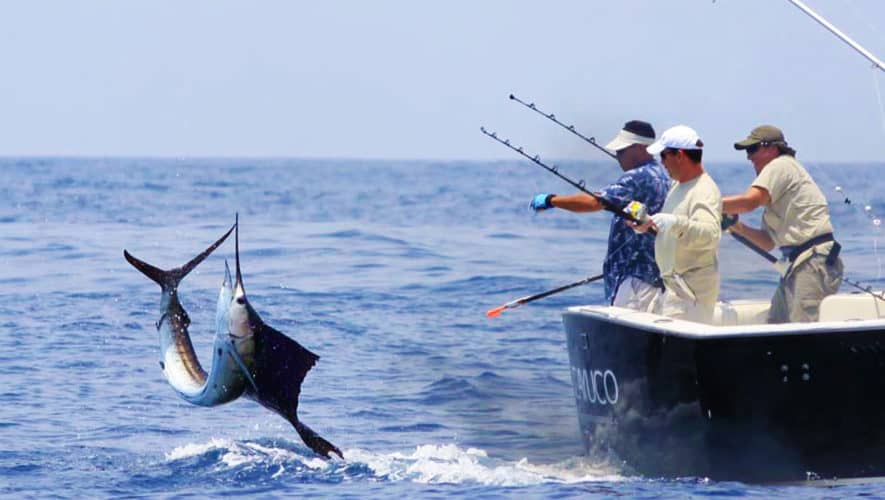Q COSTARICA — Costa Rica’s president, Rodrigo Chaves, risks being removed from office and barred from holding public office for four years if he violates electoral law, as for the first time in history, the government will be barred from broadcasting or publicizing its achievements on social media.
The disqualification of Patricia Mora, president of the Frente Amplio party, from holding public office for the next four years, announced last week, highlights the seriousness of the crime of political belligerence ahead of the February 2026 presidential elections.
The announcement by the Tribunal Supremo de Elecciones (TSE) – Supreme Electoral Tribunal seems, in fact, a warning, especially at a time when the opposition is repeatedly criticizing President Rodrigo Chaves for using his office for political-electoral purposes.
However, the truth is that political belligerence in Costa Rica is a gray area with a fine line.
It is an electoral crime that essentially prohibits officials from using their positions to favor a political party, or from devoting their work time or actions to participating in discussions of a political-electoral nature.
In the case of some officials, such as the president, ministers, deputy ministers, magistrates, and others, the prohibition is even more forceful, granting only those in the highest positions the right to vote.
In these cases, sanctions are imposed even if the official reveals his or her preferred candidate, and even worse, if he or she attempts to influence voters.
Serious Sanctions
The sanction is severe: disqualification from holding public office for a period ranging from two to four years and immediate dismissal.
In Chaves’ case, it is the only electoral crime that would allow a president’s mandate to be revoked.
This is why, for example, Chaves and his team of ministers stopped using or mentioning the jaguar as their emblem, as an emerging group called Motiva adopted it as their own.
In this sense, Costa Rican law requires absolute neutrality from public officials, especially those at the highest level of the Executive Branch, to guarantee fair and free electoral processes.
“Any association, even visual or symbolic, with a registered political party violates this principle. Therefore, any action by a government authority in which this emblem (the jaguar) is used as an emblem could be considered a message in favor of said group, compromising—in a certain, real, effective, and imminent manner—the meaning of the constitutional restriction,” the TSE warned on this particular issue.
New, Stronger Rules
However, the most important thing for this upcoming electoral process is that the rules regarding belligerence will be much stricter.
On June 20, in a resolution based on a decision by the Inter-American Court of Human Rights, the TSE announced that the Chaves administration will be completely prohibited from disseminating messages that praise its attributes or achievements during the electoral process, which begins in October and ends in February, or April if a second round vote is needed.
The prohibition includes the dissemination of images of its leaders during the electoral process and applies not only to conventional advertising but also to social media posts, regardless of whether they are paid for, regarding public works inaugurations, advertisements, the president’s activities, and others.
Until now, the TSE had interpreted that public institutions could indeed disseminate—during the campaign period—public works completed and government achievements on their digital platforms, as long as there was no payment.
However, this interpretation does not correspond to the standard recently established by the Inter-American Court of Human Rights. In the cases Capriles v. Venezuela and Mantilla v. Nicaragua, it is indicated that the platforms and social media of public institutions must be monitored, since “they could become windows of exposure for the ruling party or the candidacy supported by the incumbent government.”
The TSE’s decision prompted Chaves to explode and directly attack the TSE, accusing it of gagging him.
On this issue, the president submitted a request for clarification, but the judges denied his request, considering the law and the resolution clear.
“They decided to silence the government, my fellow ministers, and this servant, to silence, to muzzle. They are panicking because the people have woken up, because the people are certain in their hearts that the government is doing what the people ordered it to do (…) They insist on silencing me and my colleagues, now ordering us not to wear a pin of the symbol that you, my compatriots, have embraced as the image of a new national spirit,” Chaves claimed forcefully, criticizing the TSE’s statement.
Supporters of Chaves believe the president’s statement that “they will not permit him to govern”, resulting in their support
Meanwhile, Pilar Cisneros, a key figure in ‘rodriguismo’, pointed out that it’s clear that the TSE and the traditional political class are desperate at the prospect of losing power.
Six months before the elections, Chaves, who is not running for office, since the Constitution of Costa Rica prohibits the incumbent president from serving consecutive terms, has the support of 60% of Costa Ricans, while the ruling party candidate Laura Fernández of Pueblo Soberano party has three times the voting intention (24%) of her closest supporters, Fabricio Alvarado of Nueva República and Álvaro Ramos of the PLN, who barely have 7%.
“It’s pure desperation, because they know the jaguar has taken root among the population, because it’s the symbol of a strong, powerful animal that defends its territory, so they want to cut off its head at all costs. ‘Rodriguismo’ won’t even run with that party, so frankly, I don’t see why. But, well, it’s pure desperation on the part of the Supreme Electoral Tribunal, which, as always, tips the scales against us,” Cisneros stated.
What can the president do during the campaign?
As things stand, the president’s scope of action for the election campaign would be very limited. While it is true that he can hold press conferences and grant interviews to the media, the question remains whether he can broadcast the traditional Wednesday press conferences on social media and state television channel 13.
In these media, the president typically reports on the government’s achievements and the actions it is taking in various areas, while also answering questions from the press on various topics.
Specifically, in these media, Chaves has stated on multiple occasions that the Costa Rican people have woken up and that in February, with a vote, they will carry out a revolution by electing 40 representatives for the Pueblo Soberano party.
Source link
Rico



